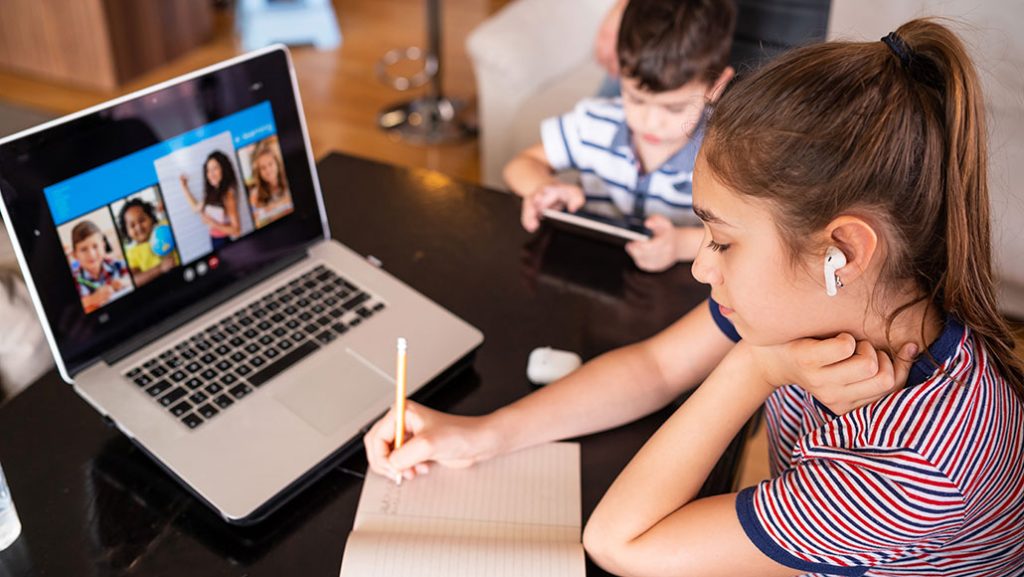Remember kids, if your school seems too good to be true, it probably is.
The COVID-19 pandemic brought a lot of uncertainty (and virus, of course) for people of all ages. Schools, universities and offices were abruptly shut down and new methods had to be introduced in a very short time to regulate things as quickly as possible. That meant switching to online classes and work-from-home routines. But along with the new routine, came another wave of inequality as not everyone had access to laptops or broadband internet at home. After some delays, schools across America played the role of saving Grace and distributed laptops to their students to allow them to learn remotely. But what seemed like a good gesture by the educational authorities soon turned into an “I spy” game as the electronic devices were used to spy on the students or as they like to call it, “for their own good.”
According to a recent research by Center for Democracy and Technology (CDT), “86% of teachers reported that, during the pandemic, schools provided tablets, laptops, or Chromebooks to students at twice the rate (43%) prior to the pandemic, an illustration of schools’ attempts to close disparities in digital access.”
Along with the higher distribution rates, came another factor of using the electronics to monitor the students by going through their private chats, emails and documents, all in the name of “protecting” them. More than 80% of teachers and 77% high school students admitted that their schools used some sort of surveillance software on the devices. These include programs such as Bark, Gnosis IQ, Gaggle and Lightspeed that cost tens of thousands of dollars to the schools for implementation.
“We knew that there were students out there having ideations around suicide, self-harm and those sorts of things,” a school administrator explained to the CDT researchers. “[W]e found this [student activity monitoring software]. We could also do a good job with students who might be thinking about bullying … [I]f I can save one student from committing suicide, I feel like that platform is well worth every dime that we paid for [it].”
While the reason behind the monitoring is understandable, it’s still taking away the students’ right of privacy…Call it a moral dilemma, if you will.

